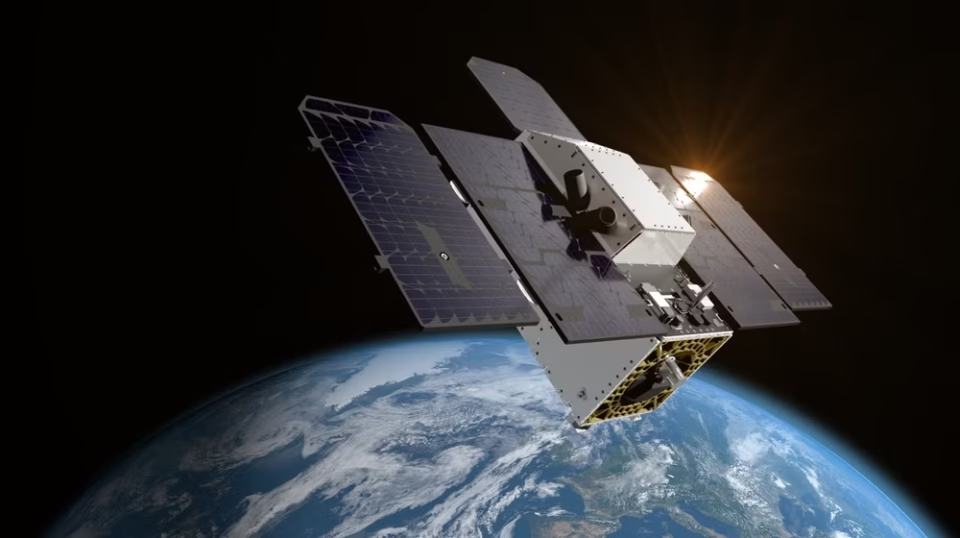Pakistan to Launch Its First Hyperspectral Satellite This Month
October 15, 2025
The Space and Upper Atmosphere Research Commission (SUPARCO) has officially announced the upcoming launch of Pakistan’s first Hyperspectral Satellite (HS-1). The launch is scheduled for October 19, 2025, from the Jiuquan Satellite Launch Center (JSLC) in China.
The HS-1 mission represents a major milestone in Pakistan’s space program, aiming to boost national capabilities in agriculture, environmental monitoring, and urban planning through advanced imaging technology.
Revolutionizing Agriculture
In the agriculture sector, HS-1 will enable precision farming by providing high-resolution hyperspectral data. The satellite will deliver valuable insights into crop health, soil moisture, and irrigation patterns, improving yield estimation by 15–20% and strengthening the country’s food security initiatives.
Supporting Urban and Environmental Development
The satellite’s state-of-the-art sensors will help monitor environmental changes, map urban infrastructure, and assess city growth patterns. By capturing detailed spectral signatures of land and structures, HS-1 will play a vital role in sustainable urban development, land-use planning, and resource management.
Enhancing Disaster and Climate Resilience
HS-1 will also serve as a crucial asset in disaster management and environmental monitoring. Its advanced imaging capabilities will support early warnings and rapid response during floods, landslides, and earthquakes, especially in vulnerable regions such as northern Pakistan and the Karakoram Highway corridor.
The satellite’s data will further enhance post-disaster assessments, water resource modeling, and deforestation tracking, helping authorities make informed, timely decisions.
Strengthening Pakistan’s Space Fleet
With the addition of HS-1, Pakistan’s remote sensing network continues to grow stronger. The satellite will join PRSS-1 (launched in July 2018), EO-1 (January 2025), and KS-1 (July 2025) — collectively enhancing the nation’s space-based infrastructure and data capabilities.
The launch marks another significant step in Pakistan’s journey toward technological self-reliance and sustainable development through space science.

